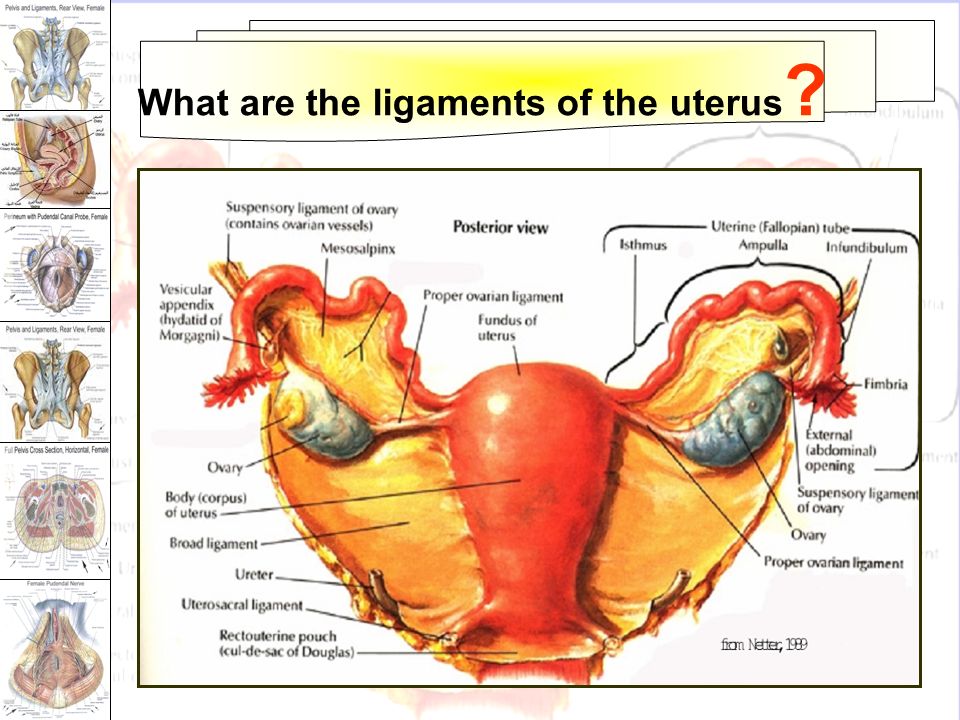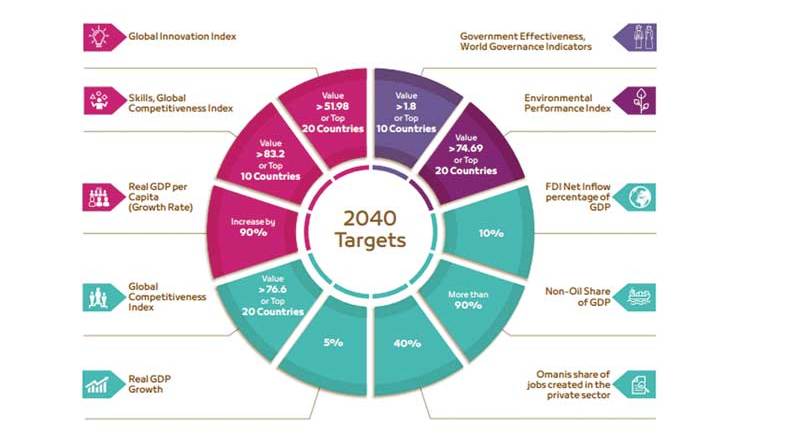Cravings first trimester
Top 10 FAQs | Pregnancy
Being pregnant raises lots of questions – especially for first time mums. You may be wondering what the early signs of pregnancy are, which vitamins you need to take, or if you'll have any cravings. These questions are perfectly normal – especially when your body is going through so many changes. Hopefully, our top 10 pregnancy FAQs below will answer some of your questions!
1. Am I pregnant?
The earliest and most reliable sign of pregnancy is a missed period. If you have a regular monthly cycle, normally you get your period about 4 weeks from the start of your last period.
Take a home pregnancy test
To find out if you're pregnant, you can do a pregnancy test from the first day you miss your period. Home pregnancy tests are very reliable, but see your GP to be sure and also to start your antenatal care.
Early signs and symptoms
Many women still feel fine at 4 weeks, but others may notice sore breasts, fatigue, frequent urination, and nausea (feeling sick).
Sometimes pregnant women have some very light bleeding, called "spotting", at the time when their period would be due. This is also known as implantation bleeding, which is when the foetus plants itself into the wall of your womb. Spotting is completely normal and does not need any medical treatment.
You may be sick or feel sick – this is commonly known as morning sickness, but it can happen at any time of day. If you feel nauseous and can't keep anything down, contact your GP. You may also notice changes in your breasts. They may become larger and feel tender, like they might do before your period. The veins may show up more and the nipples may darken and stand out.
Every woman is different and not all women will notice all these symptoms. If you're eagerly looking out for any hints that you might be pregnant, other early signs of pregnancy include:
- needing to pee more often – you may find you have to get up in the night
- being constipated
- increased vaginal discharge without any soreness or irritation
- feeling tired
- having a strange taste in your mouth – many women describe it as metallic
- "going off" some things, such as tea, coffee, tobacco smoke or fatty food
2.
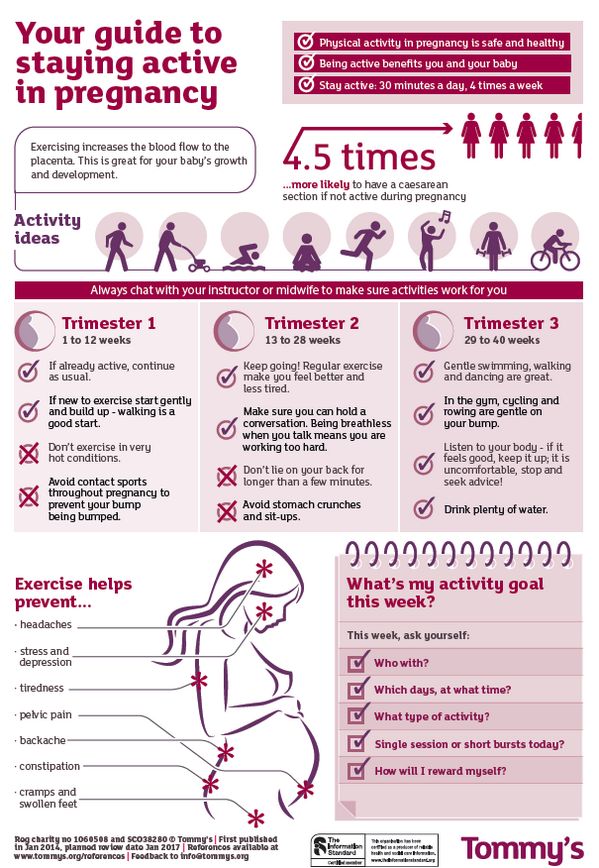 When do pregnancy cravings start?
When do pregnancy cravings start?There isn't a specific time when pregnancy food cravings start. It's different for every woman – and you may not necessarily have any cravings.
If you do start having cravings, it'll probably be in your first trimester (it could be as early as 5 weeks into pregnancy). They'll get stronger in your second trimester, and then eventually stop in your third trimester.
Cravings come in all shapes and sizes. Some women crave fatty foods like chips. Others get pregnancy cravings for things they didn't like before they got pregnant, or strange combinations of food such as mars bars with bacon.
Try to eat as healthily as possible – keep those unhealthy temptations to a minimum!
If you find yourself craving things that aren't food, like toothpaste, coal or even soil, speak to your midwife or doctor, as this may be a sign of a vitamin deficiency.
3. How much weight should I gain in pregnancy?
Weight gain in pregnancy varies from person to person. It also depends on your weight before you become pregnant.
It also depends on your weight before you become pregnant.
Most pregnant women gain between 10kg and 12.5kg (22lb to 26lb), putting on most of the weight after week 20. Much of the extra weight is due to your baby growing, but your body will also be storing fat, ready to make breast milk after your baby is born.
Putting on too much or too little weight while you're pregnant can lead to health problems for you or your unborn baby. But don't worry, it's easy to make healthy food choices. Find out what to eat when pregnant and what foods to avoid.
4. What prenatal vitamins should I take?
You'll get most of the vitamins and minerals you need by eating a healthy, varied diet. But when you're pregnant (and while you are trying to get pregnant) you also need to take a folic acid supplement.
To keep bones and muscles healthy, we need vitamin D. From late March/early April to the end of September, most people make enough vitamin D from sunlight on their skin. However, between October and early March we should consider taking a daily vitamin D supplement because we cannot make it from sunlight.
However, between October and early March we should consider taking a daily vitamin D supplement because we cannot make it from sunlight.
Just 10 micrograms a day is all you need – it's the same for kids and grown-ups. Some people should take a vitamin D supplement all year round, find out if this applies to you on the NHS website.
Along with the vitamins you should take, there are also some to watch out for and avoid. You should avoid supplements and multivitamins containing vitamin A (retinol) – as too much of it can harm your baby's development. You should also avoid liver and liver products (including fish liver oil), as they are high in vitamin A.
Find out more about vitamins and supplements in pregnancy.
5. How do I stay fit in pregnancy?
Keeping active and doing exercise while you're pregnant is great for you and your baby. You can keep up your normal level of daily activity and exercise regime, as long as it still feels comfortable.
Tips for exercising
- You should be able to hold a conversation while you exercise.
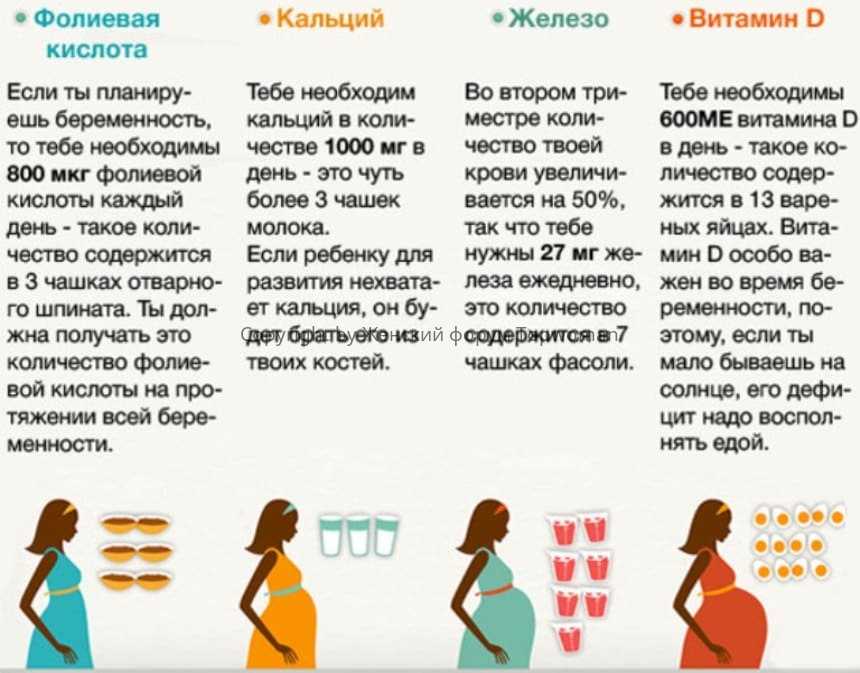
- Always warm up and cool down to keep you from pulling any muscles.
- Stay hydrated - drink lots of water.
- You can find online workouts that are safe during pregnancy, check out Sport England's #StayInWorkOut exercises (scroll to the pregnancy section).
- Other good activities to try while pregnant include walking, yoga, pilates, aerobics and pelvic floor exercises.
- Some exercises, like running and weight training, will need to be modified as your belly grows.
- The best combination of exercise is aerobic and muscle-strengthening, as this helps you breathe properly and allows to deal with the increased weight you'll be carrying around.
- If you're not already active, try building it into your daily life by taking the stairs, doing housework or gardening.
For a few pregnancy exercises, read about exercises for a fitter pregnancy.
What to avoid
- Try not to lie on your back for long periods, as your bump will press on a big blood vessel that brings blood back to your heart, which can make you feel faint.
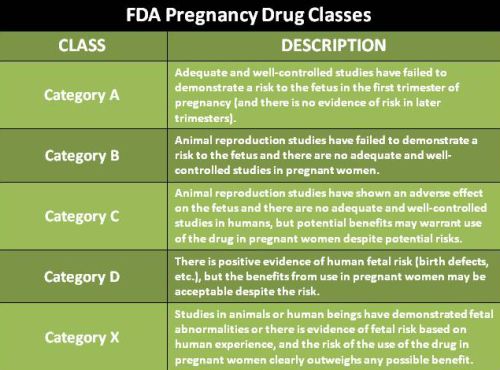
- Avoid anything that risks you falling, for example: horse riding, skiing and gymnastics.
- Contact sports are not a good idea either – things like squash, tennis, martial arts, football and rugby. where there's a risk of your bump being hit.
6. How should I sleep in pregnancy?
Depending on how you normally like to snooze, you might have to rethink your favourite position while you're pregnant.
If you sleep on your back, it's safe to continue during the first trimester, but as your bump gets bigger and heavier you'll need to sleep on your side, so it's best to get into the habit as soon as you can.
By the third trimester (after 28 weeks of pregnancy), sleeping on your side is the safest position for your baby as it helps prevent the risk of stillbirth. Don't worry, if your pregnancy is uncomplicated your risk of stillbirth is low (1 in 200 babies are stillborn) and going to sleep on your side will make it even lower.
It's ok if you end up in all sorts of positions when you are asleep. The important thing to remember is to fall asleep on your side, as this means you are sleeping safely for your baby. If you wake up on your back, don't be alarmed, just turn onto your side and go back to sleep.
The important thing to remember is to fall asleep on your side, as this means you are sleeping safely for your baby. If you wake up on your back, don't be alarmed, just turn onto your side and go back to sleep.
Try sleeping on one side with your knees bent, it'll help reduce the amount of pressure on your uterus and help you breathe better. Plus, this position can help relieve backache. You can use pillows under your belly, between your legs, and behind your back if you like.
You should go to sleep on your side whenever you have a snooze, including:
- going to sleep at night
- getting back to sleep, after waking up at night
- daytime naps
7. What happens in an antenatal class?
Antenatal classes are available to give you and your partner lots of helpful information on labour, birth and early parenthood.
They're usually informal, fun and sociable, which makes them a great place to meet other parents-to-be. The friends you make at antenatal classes can become a great support network. You can now find many antenatal courses and workshops online.
You can now find many antenatal courses and workshops online.
Antenatal classes usually start 8 to 10 weeks before your baby is born, and happen once a week for about 2 hours.
You can choose classes that are just for pregnant women, or classes that welcome a partner or a friend. There are sometimes classes especially designed for single mothers or teenagers.
Antenatal classes may include info on:
- diet: how to stay healthy and have a good diet while you're pregnant
- exercise: what types of exercise are good for keeping fit in pregnancy
- labour: what to expect
- relaxation: how to relax while you're pregnant and after you've had your baby
- delivery methods: different birth methods and interventions
- after the birth: how to look after your newborn, and how you can stay healthy
- emotional wellbeing: how you might feel during and after your pregnancy
Find an antenatal class near you through the NCT or Our Place online courses.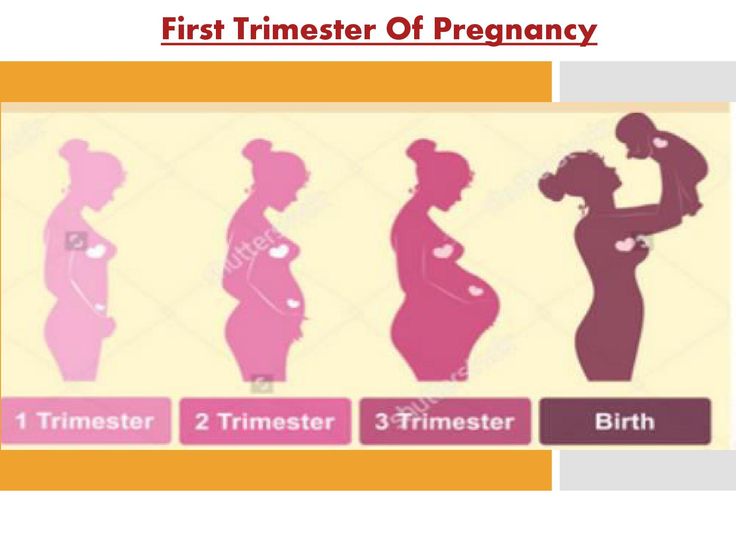
8. What are the different types of breast pump?
There are 2 different types of breast pump: electric and manual. They're both designed to mimic the sucking action your baby makes when they're breastfeeding.
Manual breast pumps
When you use a manual pump, you squeeze the plunger by hand. This type of pump takes a bit longer to use than an electric pump but is:
- cheaper than an electric pump
- simple to use
- lightweight
- quiet
Electric breast pumps
An electric pump does the hard work for you. This type of pump is quicker than using a manual pump, but can be noisy and more expensive.
Mums often say that a manual breast pump is better if you're only expressing occasionally, while an electric pump is more efficient if you need to express milk quickly and often, for example if you've gone back to work.
9. How do I prepare for breastfeeding?
It's a good idea to read as much as you can about breastfeeding before the birth. This will help you feel more confident and prepared. There is lots of useful information and practical tips in our feeding your baby section. Read about breastfeeding positions, how to express your breast milk, and practical tips on dealing with common breastfeeding issues. If you have any breastfeeding questions, you can always ask the Breastfeeding Friend voice assistant from Start for Life, available on Amazon Alexa, Facebook Messenger and Google Home, 24/7.
This will help you feel more confident and prepared. There is lots of useful information and practical tips in our feeding your baby section. Read about breastfeeding positions, how to express your breast milk, and practical tips on dealing with common breastfeeding issues. If you have any breastfeeding questions, you can always ask the Breastfeeding Friend voice assistant from Start for Life, available on Amazon Alexa, Facebook Messenger and Google Home, 24/7.
10. Which type of baby bottle should I buy?
If you're giving your baby expressed or formula milk, you'll need to buy some bottles. The choice of baby bottles can be overwhelming as there are quite a few options.
When you start bottle feeding, don't buy loads as your baby may not necessarily like the ones you've chosen. Better to start off with a few and, if your baby approves, you can always buy more.
Examples of bottle types
Standard: widely available, and the least expensive option.
Wide-necked: easier to clean, but take up more space.
Anti-colic: reduce the amount of air your baby takes in while they're drinking.
Shaped: some bottles come with holes in the middle or special handles to make them easier for your baby to hold.
Heat-sensitive: change colour if the milk is too hot.
Self-sterilising: you just need a microwave to sterilise these bottles.
Disposable: sterilised bags that fit inside bottles and are thrown away after feeds.
Glass: more environmentally friendly than plastic bottles, but more breakable.
Teats
You can choose between silicone and latex teats for most of these bottle types. Silicone is more durable, while latex is softer and more flexible, but needs to be replaced more often.
The teats come in a bell shape, or a bulbous shape that's designed to feel more like a nipple. You might want to try both shapes when your baby first starts bottle feeding to see which one they prefer.
The teats often come with different flow rates. To find out which flow rate is best for your baby takes a bit of trial and error. If they're spluttering or choking with their current bottle, they need a slower flow. But if they're sucking quite hard and seem to be getting frustrated while they're feeding, you might want to try a faster flow.
To find out which flow rate is best for your baby takes a bit of trial and error. If they're spluttering or choking with their current bottle, they need a slower flow. But if they're sucking quite hard and seem to be getting frustrated while they're feeding, you might want to try a faster flow.
You can also get variflow teats – some of these can be manually adjusted, while others automatically increase in flow as your baby's sucking gets stronger.
11. What is a birth plan?
A birth plan is a way of letting your midwife, nurses and doctors know what you want to happen during your labour. It's a chance to plan things like where you want to give birth, who's going to be with you during the birth, and what facilities you'd like to use.
If you're concerned about how coronavirus might affect your birth plan, visit the Royal College of Obstetricians and Gynaecologists for the most up-to-date advice.
It's important to remember that giving birth doesn't always go perfectly to plan, and things may have to change at the last minute (but your midwife will be there to help you make the best and safest decision for you and your baby).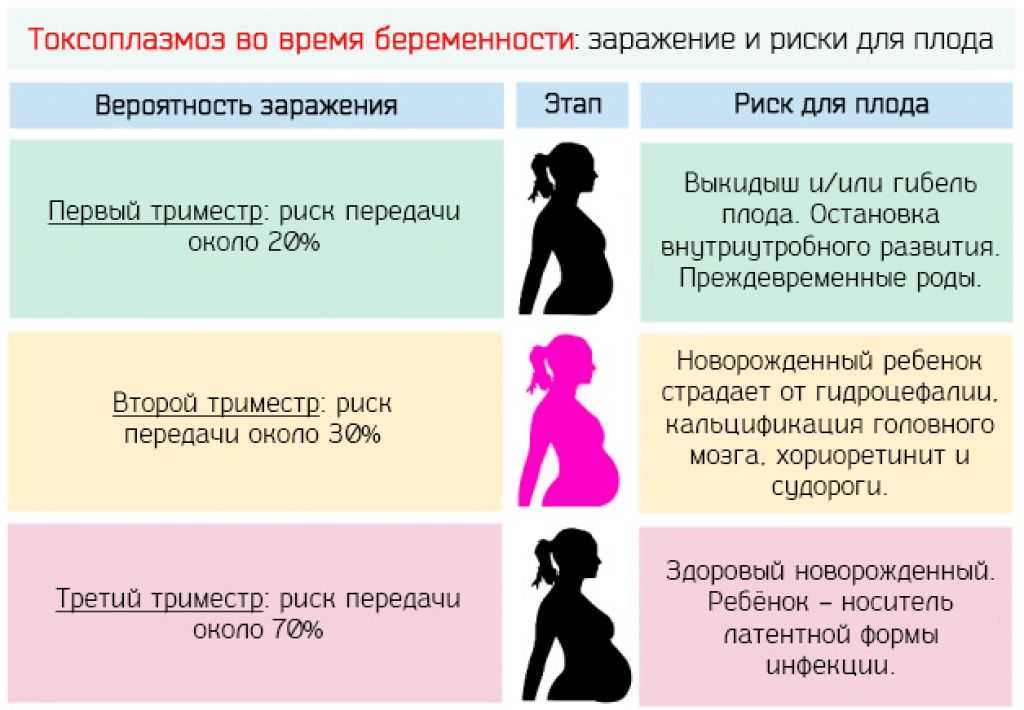
Things to think about
- Where do you want to give birth? This could be at home, in a midwifery unit or in hospital.
- Do you want someone with you during the birth, such as your partner or a family member?
- If you need a forceps or vacuum delivery, would you want someone with you?
- If a caesarean is necessary, do you want someone with you?
- What birthing equipment do you want to use? This could include mats or beanbags.
- Do you want to use any special facilities, such as a birthing pool?
- Do you want to keep active during labour?
- What position would you prefer to be in while you're in labour?
- Do you want immediate skin-to-skin contact with your baby, before the cord is cut?
- Are you happy for midwives, nurses and doctors in training to be present during your labour?
- What are your pain relief preferences?
- How do you want to feed your baby?
- Can your baby be given vitamin K if they need it?
You can download an NHS birth plan template.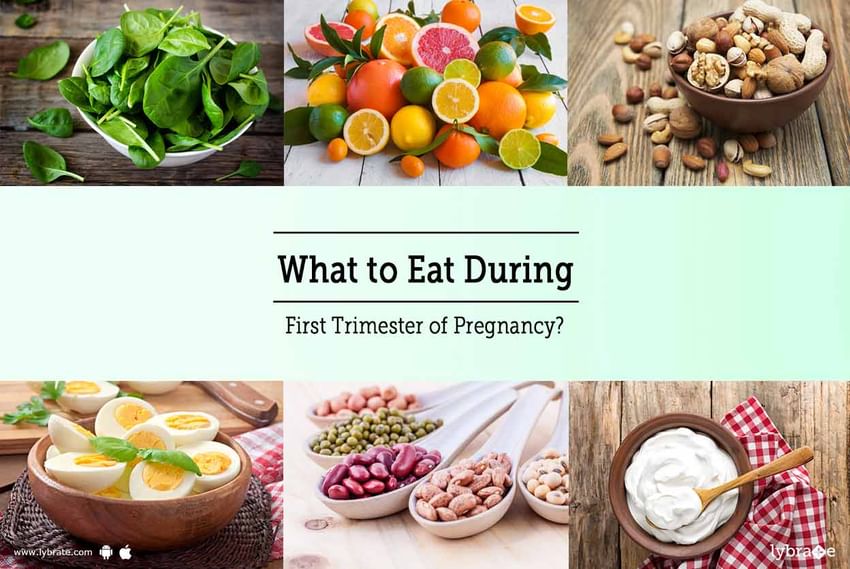 While you're writing your birth plan, talk to your midwife about your choices so they understand and can advise you.
While you're writing your birth plan, talk to your midwife about your choices so they understand and can advise you.
12. Should I have the flu vaccine?
The flu jab is the safest way to help protect pregnant women and their babies against flu, regardless of their stage in pregnancy, or how fit and healthy they feel.
Pregnancy naturally weakens the immune system, which means it's harder to fight off infections. As a result, flu can cause serious complications.
One of the most common flu complications is bronchitis - a chest infection that can become serious and develop into pneumonia. Read more about the flu jab in pregnancy on the NHS website.
9 common pregnancy cravings: When do they start?
Have you discovered a sudden desire for pickles and a pint of ice cream during your pregnancy, even though these foods have never been your go-tos before? If so, you are not alone. Welcome to the weird and wonderful world of pregnancy cravings!
But what exactly is a food craving? If you’re experiencing a strong urge to eat a specific type of food and finding it very hard to resist that desire, you’re probably experiencing a craving. But we don’t just get cravings during pregnancy. In fact, studies show that 68% to 97% of college-aged men and women reported experiencing food cravings.
But we don’t just get cravings during pregnancy. In fact, studies show that 68% to 97% of college-aged men and women reported experiencing food cravings.
So why do we experience cravings during pregnancy, and what are some of the most common pregnancy food cravings? Here, we break down the research and speak to registered dietician Marcela Fiuza to uncover everything you need to know about pregnancy cravings, including a pregnancy cravings list of the most commonly craved foods.
When do pregnancy cravings start?
If you’ve just found out you’re pregnant, or you’re expecting but haven’t experienced any specific hankerings yet, you might be wondering if pregnancy cravings are likely to kick in.
“Cravings can occur at any point during pregnancy,” explains Fiuza. “Typically, they tend to start at the end of the first trimester and intensify during the second trimester.” For some women, pregnancy food cravings could start as early as five weeks into pregnancy.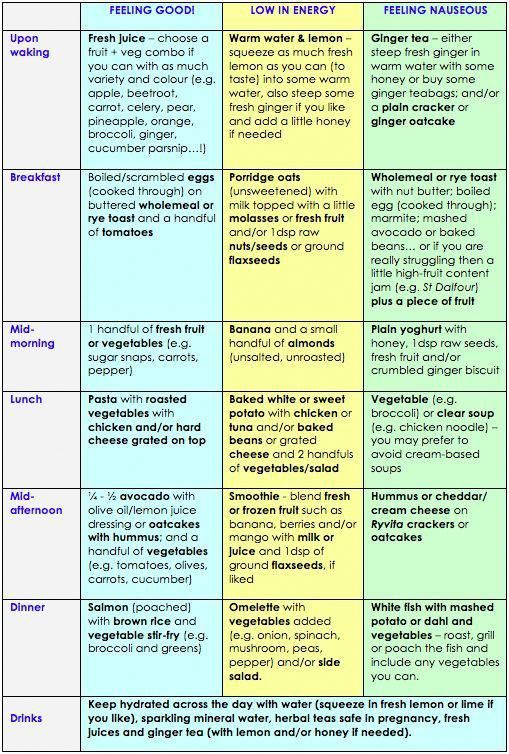
How long do pregnancy cravings last?
You might also be wondering when you can expect your pregnancy cravings to subside. Research suggests that they will become less intense during your third trimester, and Fiuza adds that “they tend to disappear after the birth of the baby.”
How common are pregnancy cravings?
If you’re experiencing pregnancy food cravings, then you’re now part of a very large club, as pregnancy cravings are extremely common. In fact, Fiuza says that anywhere between 50% to 90% of pregnant people in the United States will experience them.
What causes pregnancy cravings?
Good question! Unfortunately, researchers haven’t determined an answer for this just yet. “There is not much research into the causes of food cravings during pregnancy, so we don’t fully understand why they happen,” explains Fiuza.
There are a number of theories about what causes pregnancy cravings, but Fiuza adds that these are “unproved,” so we can’t take them as fact just yet. One theory is that the hormonal changes that take place during pregnancy could have an impact on our sense of smell and taste, which “could be linked with food preferences and cravings,” says Fiuza.
One theory is that the hormonal changes that take place during pregnancy could have an impact on our sense of smell and taste, which “could be linked with food preferences and cravings,” says Fiuza.
“Another theory is that increased nutrient requirement or nutritional deficiencies could lead to craving of certain foods,” she adds. “However, research is lacking, and available findings do not support these hypotheses.”
While cravings during pregnancy are totally normal, Fiuza reminds us that they “should not be the sole indicator of nutritional needs in pregnancy.”
The 9 most common pregnancy cravings
As you reach for the jar of pickles for the third time in a day, you might be wondering which foods are most common for pregnancy cravings. There is limited research available to help pinpoint these, although one study that analyzed blog posts about pregnancy cravings found that sweets, carbohydrates (including chips and pizza), animal proteins, and fruits were often reported as cravings.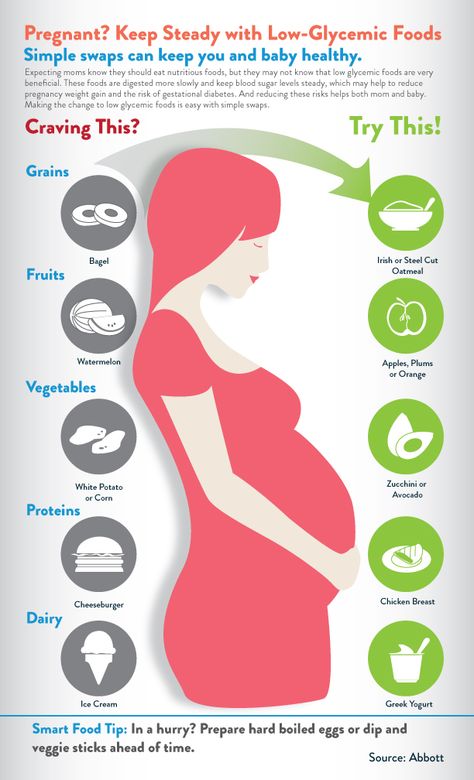 Other studies suggest that pregnancy cravings for savory foods are strongest in the first trimester, while cravings for sweet foods are strongest in the second trimester, and cravings for salty foods are strongest in later pregnancy.
Other studies suggest that pregnancy cravings for savory foods are strongest in the first trimester, while cravings for sweet foods are strongest in the second trimester, and cravings for salty foods are strongest in later pregnancy.
Fiuza has used the data available, combined with her own clinical experience, to highlight the following nine food groups as some of the most common pregnancy cravings.
Sweet cravings during pregnancy
You don’t need to be pregnant to find yourself craving chocolate. Research has shown that it’s actually the most common food craving in the United States for all individuals, whether they’re expecting or not. But if you’re really craving sweets during your pregnancy, it could be due to pregnancy food cravings, with Fiuza naming chocolate and candy as two of the most commonly craved sweet foods.
While it’s OK to indulge your sweet cravings during pregnancy, it’s recommended that you don’t reach for sweets too often and that you only do so as part of a healthy diet.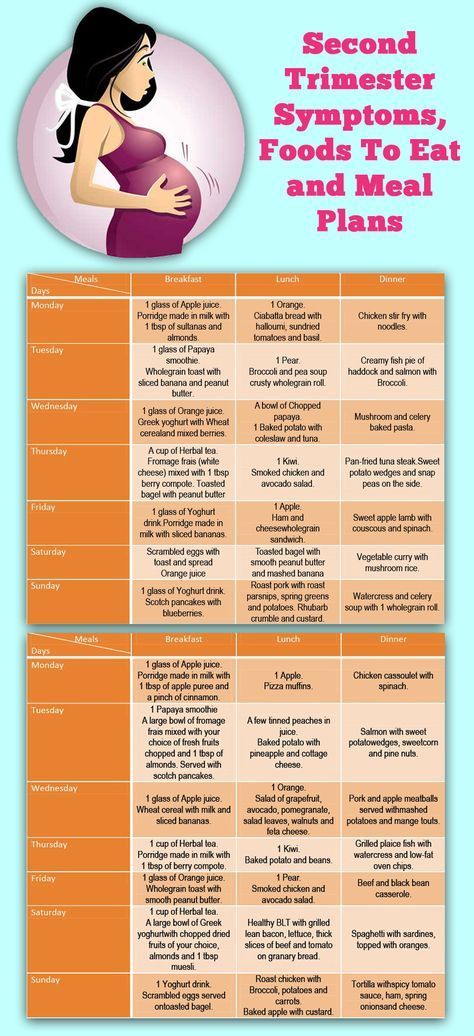 Research has found a link between increased intake of sugary foods and a risk of gestational diabetes, and excessive weight gain during pregnancy can be problematic.
Research has found a link between increased intake of sugary foods and a risk of gestational diabetes, and excessive weight gain during pregnancy can be problematic.
If you’re worried about your cravings for sweet foods, you could try swapping candy and other sweet treats for fruit or substituting a few squares of milk chocolate for dark chocolate instead, as it’s considered a healthier alternative and contains heart-healthy flavonoids.
Fruit cravings during pregnancy
If you have fruit cravings during pregnancy, then that’s great, as this is a delicious and healthy snack to enjoy throughout your pregnancy and beyond. If you’re craving fruit, you could try making a delicious fruit smoothie or grab an orange to satisfy your cravings. Citrus fruits contain vitamin C, and The American College of Obstetricians and Gynecologists’ (ACOG) general guidelines recommend that pregnant people over 19 consume 85 mg of vitamin C per day, or 80 mg per day if you’re younger than 19.
Carbohydrate cravings during pregnancy
Pregnancy cravings for carbohydrates such as bread, cereal, and crackers are also common. If you find yourself craving these, Fiuza recommends opting for healthier, whole grain varieties that contain more nutrients, like fiber and vitamins, instead of processed varieties that may have added sugar, fats, and salt. As an added bonus, fiber can help to keep you full while also working to fight constipation, which is particularly common in the second trimester.
Fast food cravings during pregnancy
Does a gooey slice of pizza or a plate of salty, crispy chips sound particularly delicious right now? This could be due to pregnancy cravings, with both the aforementioned blog post study and Fiuza naming pizza and chips as two of the most commonly craved junk foods during pregnancy. As with sweets, it’s OK to indulge these cravings occasionally, but try to eat them as part of a healthy, balanced diet. You could also opt for a healthier alternative such as homemade sweet potato fries or go for a slice of pizza loaded with fiber and vitamin-rich vegetables.
You could also opt for a healthier alternative such as homemade sweet potato fries or go for a slice of pizza loaded with fiber and vitamin-rich vegetables.
Dairy cravings during pregnancy
Dairy cravings during pregnancy, such as a craving for milk, are also common. The good news is that this is generally a healthy craving, too. This is because dairy products such as milk, yogurt, and cheese all contain calcium, a mineral that helps the fetus to develop healthy bones and teeth and helps to keep your own bones and teeth healthy and strong. ACOG’s general guidelines recommend that pregnant women aged 19 and older consume 1,000 mg of calcium per day or 1,300 mg per day for those aged 18 and under.
Just be sure to opt for dairy made with pasteurized milk and avoid any cheeses or foods that have been made with unpasteurized milk. These products may contain Listeria bacteria, which could lead to a potentially harmful infection. For more specific information on dairy products that you can and shouldn’t eat during pregnancy, you can read this article on planning a healthy pregnancy diet.
Spicy food cravings during pregnancy
If all you can think about is ordering the spiciest takeout you can find, then yes, you guessed it; you could be experiencing a pregnancy food craving. Spicy cravings in pregnancy are also normal, so if you suddenly find yourself wanting to order a spicy curry when previously your go-to was something milder, then don’t worry. It’s fine to indulge this craving, although you might want to steer clear of spicy foods if you’re experiencing heartburn or stomach issues (which are common during pregnancy), as there is evidence to suggest that they can aggravate these.
Pickle cravings during pregnancy
Pickles are a classic pregnancy food craving, and again, it’s generally OK to indulge it. It is absolutely fine to satisfy your pickle craving, but be mindful of quantities, as too much salt can worsen water retention in pregnancy and increase the risk of gestational hypertension and preeclampsia, which may have negative health effects for your baby.
Animal protein cravings during pregnancy
Fiuza says pregnancy cravings for animal protein, such as steak and chicken, are also normal, but they could be a sign that you are experiencing iron deficiency anemia, as these foods are rich in iron. Anemia is common during pregnancy, affecting between 20% and 80% of pregnant women. That’s often because iron needs increase during pregnancy, from 18 mg per day to 27 mg per day. If you suspect you may have anemia, speak with your health care provider about figuring out a solution.
It’s also worth noting that ACOG suggests avoiding all undercooked and raw meat, eggs, seafood, and poultry during pregnancy, as these could contain Salmonella, Campylobacter, and E. coli.
Cold food cravings during pregnancy
Do you have a sudden desire to eat cold and chilled foods? Pregnancy cravings for foods such as ice cream and popsicles are also normal, says Fiuza. As with sweets, it’s fine to indulge this craving, but try to do so as part of a healthy, balanced diet. You could also try an alternative option, such as frozen yogurt or a homemade fruit smoothie.
You could also try an alternative option, such as frozen yogurt or a homemade fruit smoothie.
What happens if you ignore pregnancy cravings?
There is no evidence to suggest that ignoring pregnancy cravings could harm you or your baby, as long as you’re eating a healthy and balanced diet. However, if you’re concerned, it’s best to speak with your health care provider. In some cases, such as with sweets and fast food, it is generally best to indulge your cravings in moderation. When it comes to nutrition during pregnancy, following a healthy diet is key. “As long as you are having a balanced diet most of the time, there is no need to completely avoid the foods that you crave,” says Fiuza.
“More rarely, some pregnant women might crave nonfood items such as soil, ice, clay, toothpaste, etc.,” adds Fiuza. “This is known as pica and needs to be assessed by a health care professional, as consuming these can be harmful to both mom and baby.” It’s worth noting that it may also be associated with a nutrient deficiency.
Is there a link between pregnancy cravings and the sex of the baby?
You might have heard that the type of pregnancy cravings you have could be linked with the sex of your baby. Specifically, the unfounded theory is that if you’re experiencing cravings for salty foods, then you’re having a boy, and if you’re experiencing cravings for sweet foods, then you’re having a girl. However, there is no evidence to suggest that pregnancy food cravings are linked to the sex of your baby. Similar to the pendulum test, it’s a fun (but nonscientific) way of trying to guess the sex of your unborn child.
No pregnancy cravings: Is this normal?
If you’ve experienced no cravings during your pregnancy, then don’t panic; this is also normal, and there’s no need to worry. We know that anywhere between 50% and 90% of pregnant people in the United States will experience food cravings, but that also means that between 10% and 50% of pregnant people will not experience food cravings. Remember that every pregnancy is different, and if you have any concerns, your health care provider should be able to provide you with tailored advice just for you.
Remember that every pregnancy is different, and if you have any concerns, your health care provider should be able to provide you with tailored advice just for you.
Pregnancy cravings: Further advice
“While there is no need to be overly strict with food intake, it is important to try and be mindful of portion sizes and make healthier choices whenever possible,” recommends Fiuza. “Food cravings during pregnancy can alter dietary intake, which can potentially contribute to excess weight gain, particularly if the foods craved are high in sugar or high in fat. We know that gaining too much weight during pregnancy isn’t healthy for both mom and baby.” Your health care provider will be able to advise how much weight you should ideally gain during your pregnancy, as this varies for everyone and is dependent on factors including your prepregnancy weight, body mass index, and how many babies you are carrying.
Fiuza also offers the following advice on sticking to a healthy diet while managing pregnancy food cravings:
- Eat a varied and balanced diet including plenty of fruit and vegetables, whole grains, legumes, nuts and seeds, some lean protein such as turkey, chicken, and fish, and dairy such as pasteurized yogurt.
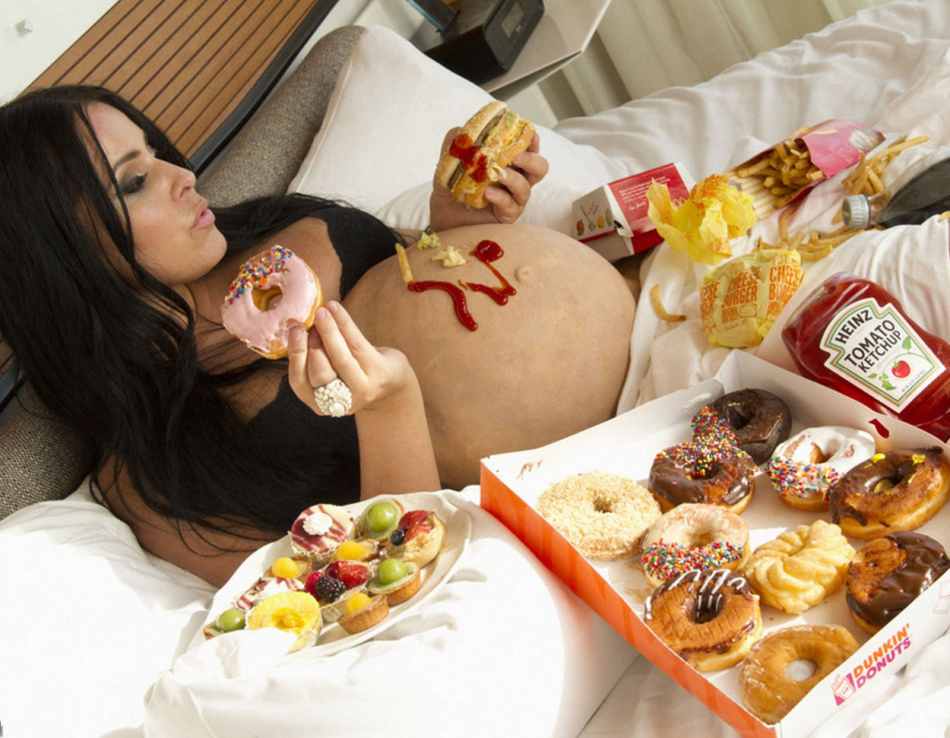
- Eat regular meals including lean protein and fiber, which can help you feel full and may decrease other cravings. You could also consider having one to two healthy snacks a day to avoid fluctuations in blood sugar, which could trigger cravings. Some ideas for healthy snacks include Greek yogurt with fruit, a handful of nuts, whole grain crackers with cheddar cheese, and raw veggies with hummus.
- Include regular physical activity in your daily routine (unless your health care provider has advised you not to).
- Be mindful of how much and how often you eat foods that are high in sugar or fat and try to make healthy swaps whenever possible. For example, you could have a homemade fruit popsicle or frozen yogurt instead of ice cream if you crave something cold and sweet. Or try a couple of squares of dark chocolate instead of a whole bar of milk chocolate.
- Avoid any foods that can carry a risk for your health or the health of your baby. These include raw and undercooked meat, eggs, and seafood; unpasteurized dairy; alcohol; and excessive amounts of caffeine.
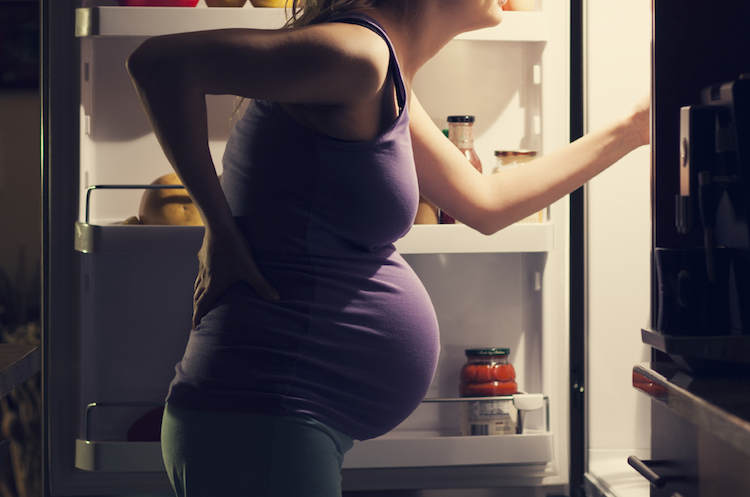
Pregnancy cravings: The takeaway
As we’ve seen, pregnancy food cravings are incredibly common. Equally, there’s no need to worry if you don’t experience any cravings at all, and they’re not associated with excessive gestational weight gain, maternal glycemia, or offspring outcome measurements. For those who do experience pregnancy cravings, they’re likely to kick in in the first trimester, sometimes as early as five weeks. They can then get stronger in the second trimester before slowly coming to an end during the third trimester.
There’s no exact science to tell us the most common cravings during pregnancy, but they are likely to include sweets, carbohydrates, fast food, fruit, dairy, spicy foods, pickles, animal protein, and cold foods. It’s generally fine to indulge these cravings as part of a healthy, balanced diet, but there are also some foods that it’s best to avoid, such as dairy products made from unpasteurized milk.
Most importantly, enjoy your pregnancy, and if you have any questions or concerns, always speak to your health care provider.
1st trimester of pregnancy: what happens to the fetus
1st trimester of pregnancy: what happens to the fetus - Private maternity hospital Ekaterininskaya Clinics1st trimester: 1st-12th weeks
The gestational age is calculated from the first day of the last menstruation, since it is difficult to determine the exact day of conception. Since conception usually occurs in the middle of the menstrual cycle, you are not actually pregnant during the first two weeks, but this period is counted as the beginning of pregnancy.
As soon as the fertilization of the egg takes place around the 3rd week, the hormones begin to produce changes in your body little by little. As a result, you may experience some of the following symptoms:
- Morning sickness. As a result of rising levels of hormones characteristic of pregnancy, up to 80% of women in the 1st trimester experience morning sickness with symptoms such as nausea and vomiting.
 The idea that such malaise is observed only in the morning is a common misconception. In fact, symptoms can appear at any time of the day or night. Up to 1 in 5 women experience morning sickness in the 2nd trimester of pregnancy and can sometimes persist throughout pregnancy.
The idea that such malaise is observed only in the morning is a common misconception. In fact, symptoms can appear at any time of the day or night. Up to 1 in 5 women experience morning sickness in the 2nd trimester of pregnancy and can sometimes persist throughout pregnancy. If you experience morning sickness, avoid foods that make you sick, eat little and often, avoid fatty and spicy foods, drink more water. If you experience severe symptoms or symptoms that bother you, see your doctor.
- Breast changes. The mammary glands will begin to increase in size, soreness may appear. The nipples will increase in size, become darker and more protruding.
- Fatigue. High levels of the hormone progesterone can make you feel tired and sleepy. Rest as often as possible in a horizontal position with your legs up and eat as well as possible, which is not easy if you are experiencing morning sickness!
- Increased emotionality.
 A higher level of emotionality, manifested as a result of an increase in hormone levels, is normal. Understanding and patience on the part of your partner and loved ones is very important here.
A higher level of emotionality, manifested as a result of an increase in hormone levels, is normal. Understanding and patience on the part of your partner and loved ones is very important here. - Food likes and dislikes. You may find yourself intolerant of one food and addicted to another. This is usually not a problem, unless you feel like eating weird foods like chalk. If you are concerned about the situation, contact your doctor.
- Frequent urination. As your fluid levels increase and your uterus puts pressure on your bladder, you will become more likely to visit the toilet. Go to the toilet as soon as you feel the need - this minimizes the pressure on the bladder.
- Feeling of dizziness. Sometimes you may feel a little dizzy (this is due to hormonal changes). Try not to stay on your feet for a long time and slowly rise from a sitting or lying position. If you experience severe dizziness, contact your doctor immediately.
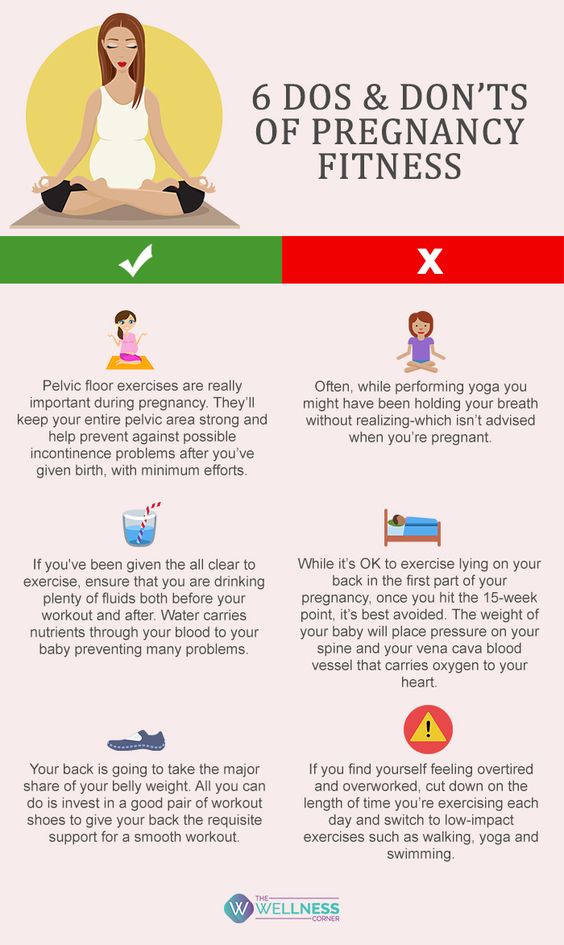
- Heartburn and constipation. Your digestive system will slow down to give you more time to digest your food. This can lead to heartburn and constipation. To help manage heartburn, try to eat small meals at regular intervals and avoid fried or spicy foods and carbonated drinks. Constipation is helped by eating a diet rich in fiber, maintaining physical activity and drinking plenty of water.
1st trimester milestones
- Approximately 7 days after fertilization, the embryo implants in the uterine wall. The placenta, umbilical cord and amniotic sac will begin to form to provide nourishment and protection to the embryo.
- By the end of the first 12 weeks of pregnancy, the uterus is palpable through the wall of the abdomen, the abdomen will begin to grow.
Child development in the 1st trimester of pregnancy
By the end of the 1st trimester:
- All the main organs of the baby are formed, the circulatory system works.
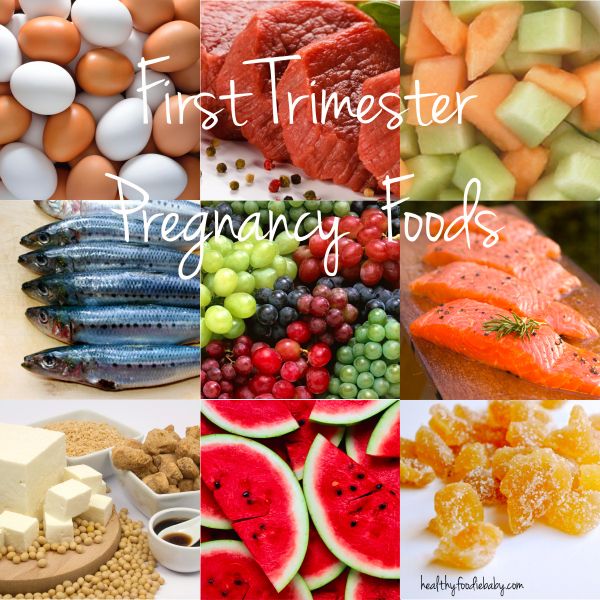
- The development of the sexual organs has begun.
- Fingers are formed on the hands and feet, nails have appeared.
- Facial features have formed.
- The length of the baby's body is about 6 cm from the head to the lower part of the body, he is already recognizable. The baby moves in the amniotic sac, but you don't feel it move yet.
Clinic mobile app
You can make an appointment with a doctor, get tests
and much more...
Fill out the form to make an appointment or order a call back
I agree with personal data processing policy and user agreement I also give my consent to the processing of personal data.
Sign up for a consultation
I agree with personal data processing policy and user agreement I also give my consent to the processing of personal data.
By continuing to use rd.clinic23.ru, you agree to the use of cookies. How to ban the use of certain cookies can be found in Politics
First pregnancy - only pluses
Lifestyle
Pregnancy will teach you to appreciate and plan time.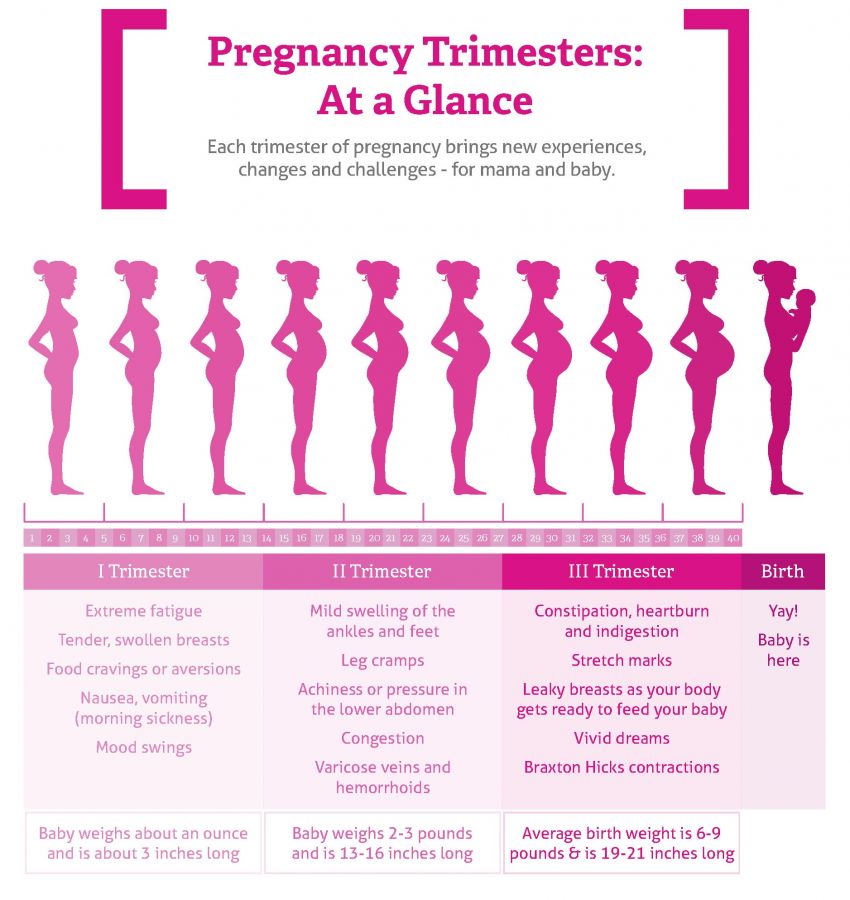 After all, during these nine months you need to have time to do a lot of really urgent things. This includes medical supervision, choosing a maternity hospital, buying a dowry for children, possibly registering a marriage, preparing your work files in order to transfer them or continue after the end of maternity leave. All this will ensure the well-being of you and your baby. If before pregnancy you repeatedly tried to "go on" a diet, but it didn’t work out for you, then during pregnancy, proper nutrition will become simply necessary. Moreover, it will not be such a far from harmless diet, which includes a leaf of lettuce for breakfast, a boiled egg for lunch, and a glass of water for dinner. Pregnancy is a time of rational, proper, balanced nutrition. In addition, as you know, the onset of pregnancy is often accompanied by early toxicosis, one of the manifestations of which is a change in taste preferences. At the beginning of pregnancy, you will be able to afford to satisfy these addictions.
After all, during these nine months you need to have time to do a lot of really urgent things. This includes medical supervision, choosing a maternity hospital, buying a dowry for children, possibly registering a marriage, preparing your work files in order to transfer them or continue after the end of maternity leave. All this will ensure the well-being of you and your baby. If before pregnancy you repeatedly tried to "go on" a diet, but it didn’t work out for you, then during pregnancy, proper nutrition will become simply necessary. Moreover, it will not be such a far from harmless diet, which includes a leaf of lettuce for breakfast, a boiled egg for lunch, and a glass of water for dinner. Pregnancy is a time of rational, proper, balanced nutrition. In addition, as you know, the onset of pregnancy is often accompanied by early toxicosis, one of the manifestations of which is a change in taste preferences. At the beginning of pregnancy, you will be able to afford to satisfy these addictions. Then, by about week 16, your tastes are likely to become normal, and this is just the time when you need to be especially strict about the rules of rational nutrition.
Then, by about week 16, your tastes are likely to become normal, and this is just the time when you need to be especially strict about the rules of rational nutrition.
Perhaps, in this regard, you will be able to introduce into your diet products that you have not used before, for example, a variety of vegetables, cereals (by the way, you can get acquainted with such products in the “Delicious Health” section). Pregnancy will push you to new culinary achievements - cooking delicious and healthy dishes that will satisfy your new needs and the tastes of your family.
If before pregnancy you each time postponed the start of physical exercises on Monday, then during pregnancy the number of such "Mondays" is strictly limited - the entire pregnancy lasts 40 weeks. From these 40 weeks, you need to take away the first 12-16 - this is the time of the onset of pregnancy, when physically unprepared women should not start exercising. The classes started in recent weeks have no special meaning either.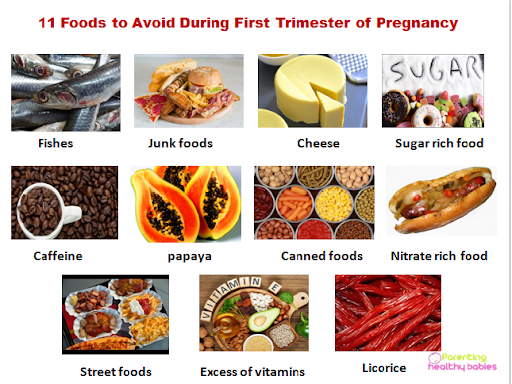 In addition to a fairly limited period for starting physical exercises, it is also a favorable fact that during the period of bearing a baby it is impossible that the loads are excessive, you cannot get tired, and such tireless exercises will only give you pleasure. One of the options for exercise during pregnancy can be classes in the pool. If you begin to systematically exercise during pregnancy, physical education will become an integral part of your life. Thus, you will acquire another useful habit.
In addition to a fairly limited period for starting physical exercises, it is also a favorable fact that during the period of bearing a baby it is impossible that the loads are excessive, you cannot get tired, and such tireless exercises will only give you pleasure. One of the options for exercise during pregnancy can be classes in the pool. If you begin to systematically exercise during pregnancy, physical education will become an integral part of your life. Thus, you will acquire another useful habit.
Walking is another pleasant activity that you can indulge in during pregnancy. And they must also be logged in. Walking is a kind of training for the respiratory, cardiovascular and muscular systems of a young mother. They contribute to the prevention of certain complications of pregnancy, ensure the good condition of the fetus.
For good health, women, and even more so expectant mothers, need to sleep 8-10 hours a day. You can also afford this pleasure with a clear conscience during pregnancy, because it is not only a pleasure, but also a necessity. In the first trimester of pregnancy, drowsiness is especially pronounced. This is due to the action of the hormone progesterone, which "dominates" in the body of a woman during this period. By the end of the first pregnancy, most women experience some difficulty falling asleep, waking up several times during the night, but still allowing themselves to rest during the day.
In the first trimester of pregnancy, drowsiness is especially pronounced. This is due to the action of the hormone progesterone, which "dominates" in the body of a woman during this period. By the end of the first pregnancy, most women experience some difficulty falling asleep, waking up several times during the night, but still allowing themselves to rest during the day.
Appearance
Many women are afraid of the changes that can happen to their appearance. But there are a lot of advantages here too. Yes, indeed, changes will certainly occur, and among them - an increase in breast size, improved hair and nail growth.
Many of the fair sex dream of having a slightly larger breast; during pregnancy, this dream will come true. The size of the mammary glands often increase in the first trimester of pregnancy. This is due to an increase in the volume of glandular tissue, that is, the tissue that will produce milk. Along with an increase in volume, the breast becomes elastic.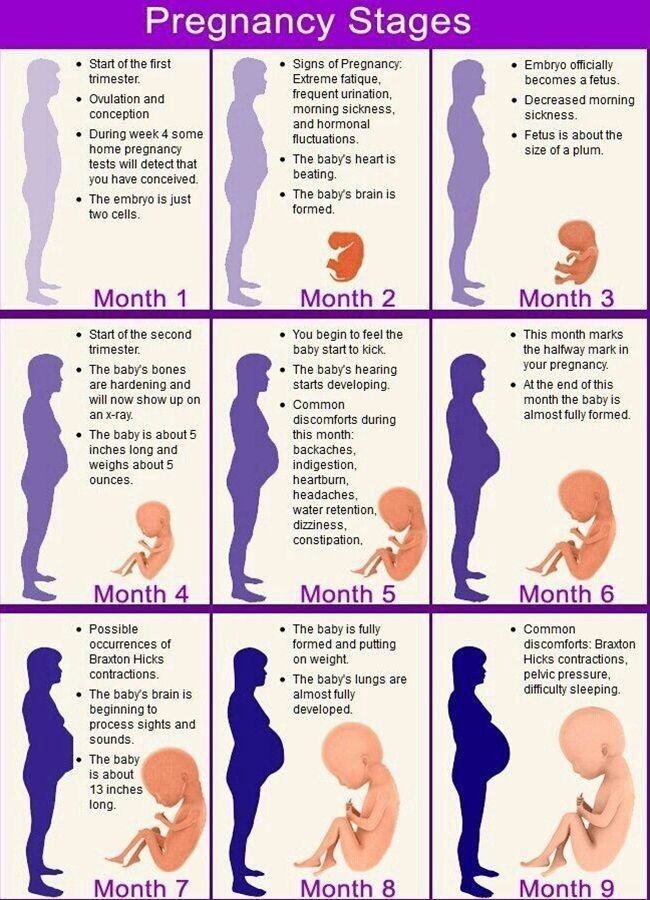
Changes in the hormonal background, characteristic of pregnancy, will lead to increased hair growth and slow hair loss. Therefore, your hair will become thicker, shiny, attractive. These same hormonal changes will lead to the rapid growth of nails, reducing their fragility.
A mysterious look, turned as if inward, gives a pregnant woman a unique charm. All these changes in appearance, of course, can be classified as positive.
If you have problematic, oily or combination skin and before pregnancy you did everything to prevent the appearance of pimples, then during the period of bearing a baby, you will most likely forget about this problem, because the skin becomes dry at this time.
It would be foolish to deny that not all women have oily skin, that after childbirth there comes a time when the hair begins to fall out intensively, that the breasts after breastfeeding will acquire “pre-pregnant” sizes, but may change shape. In addition, there is still a chance of gaining excess weight, “getting” stretch marks, the advantages of the first pregnancy are age spots.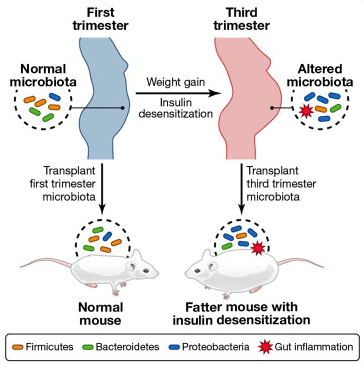 These phenomena can hardly be attributed to positive ones, but they also conceal an indisputable plus. The likelihood of these changes just makes it necessary to improve skin and body care, but isn't it nice to dedicate as much time and effort to yourself as possible?
These phenomena can hardly be attributed to positive ones, but they also conceal an indisputable plus. The likelihood of these changes just makes it necessary to improve skin and body care, but isn't it nice to dedicate as much time and effort to yourself as possible?
Health
It is a well-known statement that doctors often use: there are no healthy people - there are underexamined. During pregnancy, one way or another, you will have to pass a number of tests and visit doctors of various specialties. This will allow you to find out all the details about your state of health, if necessary, undergo treatment. We emphasize once again that this is not an inconvenience brought by the first pregnancy, but a plus, because otherwise, you might have been going to the doctor for a very long time. Of course, you will be in a somewhat more advantageous position if you pass all the necessary examinations before pregnancy. In any case, the baby will make you pay attention to your health. Remember how many times you put off visiting the dentist, and only the realization that the first pregnancy sometimes contributes to significant changes (and not for the better) in the state of the oral cavity led you to the dentist. So do not miss such a great opportunity to “pull up” your health.
Remember how many times you put off visiting the dentist, and only the realization that the first pregnancy sometimes contributes to significant changes (and not for the better) in the state of the oral cavity led you to the dentist. So do not miss such a great opportunity to “pull up” your health.
If smoking was one of your habits, then now is the time to quit. And if earlier you could give up on your health by reaching for another cigarette, then during pregnancy this habit harms not only you, but, first of all, your baby. It is during the period of bearing a child that many women once and for all refuse this addiction.
Relations with others
New acquaintances are another plus of the first pregnancy. After all, while carrying a baby, you will regularly attend a antenatal clinic, possibly a school for pregnant women, a fitness club. Internet users, as a rule, make new acquaintances on profile sites for future and young parents. By the way, often such acquaintances develop into family friendships.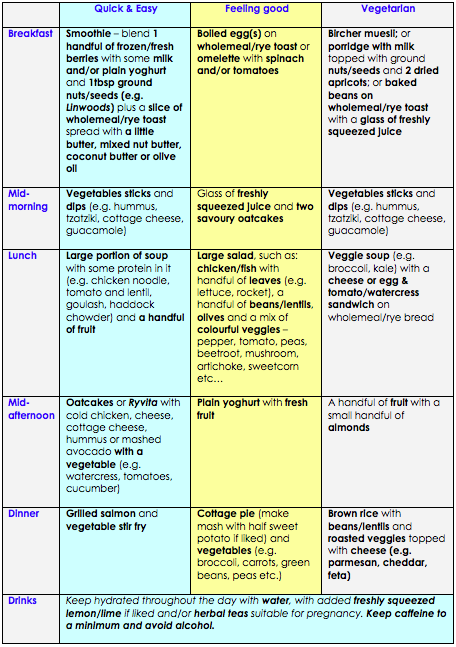
In the most positive way, the first pregnancy can affect relations with relatives. The husband will somehow take care of the expectant mother - and this will not necessarily be expressed in the fulfillment of your (sometimes very changeable) desires. Perhaps the future dad will help you around the house, take on some of your responsibilities, or, on the contrary, go headlong into work in order to properly provide for the growing family. Believe me, the vast majority of future fathers take progressive and positive actions in anticipation of the baby, it is only important to be able to see them.
In a positive way, family relationships can also be affected by the renewal of intimate relationships. After all, during pregnancy there is no need to use contraception, and the pregnant position requires the search for new forms of intimate communication.
During this period you will understand your parents better. In addition, you will have a very responsible and not very easy period of life - the first year of a baby's life, when the help of parents will be far from superfluous - this is another reason to get close to them.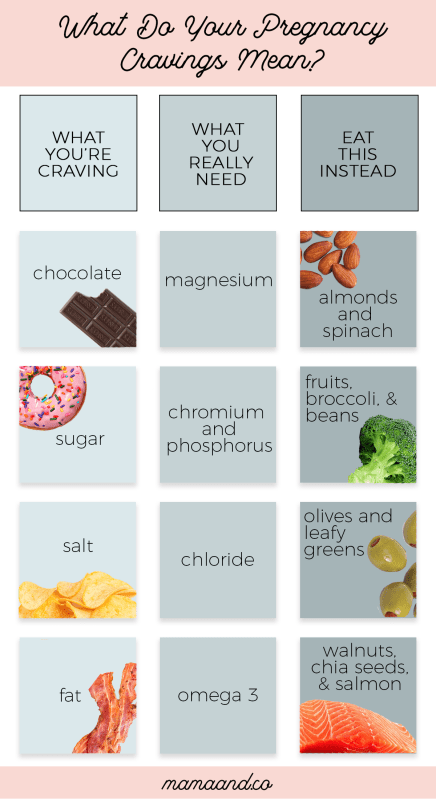 In the end, everyone benefits from good family relationships.
In the end, everyone benefits from good family relationships.
Work, study
Exams are usually easy for pregnant students, there is a great incentive to pass everything ahead of schedule, to pull up all the “tails”.
At work, pregnancy also has many benefits. Anticipation of future expenses is a great incentive to move up the career ladder. In addition, pregnancy is a whole 10 weeks of legal prenatal leave. During this time, you can complete some serious long-term project (thesis, book), pass the exam session ahead of schedule, etc.
New clothes, purchases
Undoubtedly, a pleasant event is the purchase of a child's dowry. Even if you are superstitious and do not want to buy a dowry in advance, before the birth of the baby, then you must choose a stroller, crib, baby clothes before giving birth, because then there simply will not be time for this, and it is not always possible to rely on the taste of relatives.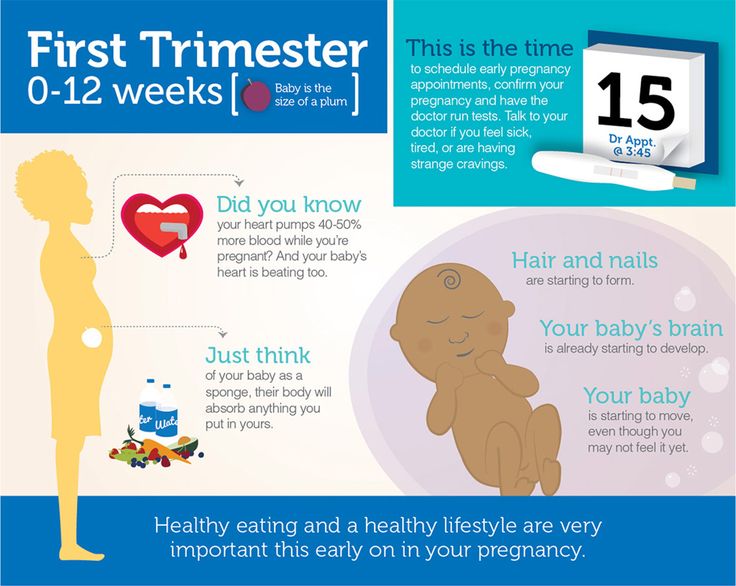 And how much fun it will give you the choice of tiny children's things and everything that is necessary when caring for a baby. Therefore, you should not put off going to the children's store and the children's fair on the back burner. It is most practical to do this in the second trimester of pregnancy, when the physical condition is optimal for sufficiently long shopping trips.
And how much fun it will give you the choice of tiny children's things and everything that is necessary when caring for a baby. Therefore, you should not put off going to the children's store and the children's fair on the back burner. It is most practical to do this in the second trimester of pregnancy, when the physical condition is optimal for sufficiently long shopping trips.
Pregnancy is a great time to update your wardrobe, as most "pre-pregnancy" clothes will not fit the rounded shapes of the expectant mother. Already at the very beginning of pregnancy, breast size often increases, a rounded tummy begins to appear by the fourth or fifth month of pregnancy, so you will need special maternity clothes for at least two seasons. When updating your wardrobe, do not forget about shoes - among comfortable models with low heels, you can always pick up a beautiful, stylish pair.
At the end of the second - the beginning of the third trimester of the first pregnancy, expectant mothers have the so-called "nesting instinct", which is also embodied in the desire to create a nest for the baby.







